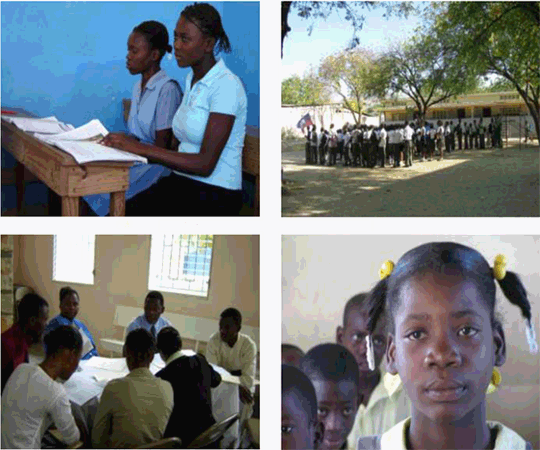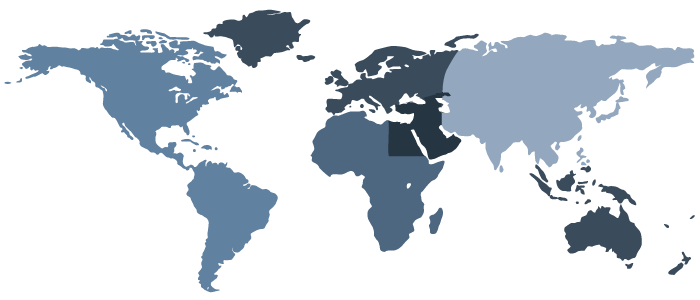 In Haiti, around 90% of the schools are operated by non-public providers. Many NGOs are active in the domain of education. Coordination and cooperation is a big challenge, especially in the transition phase from humanitarian relief to development, one year after the devastating earthquake in January 2010.
In Haiti, around 90% of the schools are operated by non-public providers. Many NGOs are active in the domain of education. Coordination and cooperation is a big challenge, especially in the transition phase from humanitarian relief to development, one year after the devastating earthquake in January 2010.
In this project report submitted in part of an MSc in Development Management the author – after an exploration of the problem from a theoretical perspective – the outcomes of semi-structured interviews with NGO directors and education coordinators in Haiti provides an insight into six different inter-organisational cooperation trajectories with NGOs.
The reasons why organisations enter and participate in inter-organisational cooperation trajectories include objectives in the following domains: improved coordination, increased effectiveness, more technical capacity and shared curriculum development, shared policy development, stronger advocacy and increased chances for fundraising.
However this report highlights the fact that the most important condition for inter-organisational cooperation is the development of a shared vision.
Report Author: Marike de Kloe
![]() Inter-Organisational Cooperation of Haitian NGOs in Education – A Haitian Perspective (3704)
Inter-Organisational Cooperation of Haitian NGOs in Education – A Haitian Perspective (3704)
Reports, Project Work and Data Sets
Hii Dunia's goal is to broaden Global Development discourse. We would like to publish and host your Field Reports, project work and Data Sets that may not have been published elsewhere and in doing so publicise your work. Your research will benefit from being featured on the site as well as each update appearing on the front page.
Locations

Inter-Organisational Cooperation of Haitian NGOs in Education – A Haitian Perspective
The Learn Africa Project: Public Health, Applied Learning and Research Internship
Trevor Mattos is a Pike Scholar at Gordon College, Massachusetts. Earlier this year he and a colleague Miranda MacKinnon travelled to Togo, West Africa to direct a Development and Public Health project that had been planned since the previous year.
This project report details the establishment of the ‘The Learn Africa Project’ and highlights some of the challenges and planning required in establishing a community development and public health project from the base up in a Developing Country. It also highlights the principle research undertaken in preparation for the estabishment of the project.
Report Author: Trevor Mattos
Dadaab Refugee Camps, Kenya
With conflict and continuing uncertainty affecting the future of Somalia following the US backed Ethiopian invasion it is little wonder Somalis continue to flee their disintegrating country. Since the early 1990’s when large scale civil war broke out the Somali Diaspora has spread far and wide. Nearly a million have fled to already poor neighbouring countries and 400,000 of those headed south to Kenya. Though many have managed to return since there remains over 100,000 mostly Somali refugees in Northern and Eastern Kenya.




